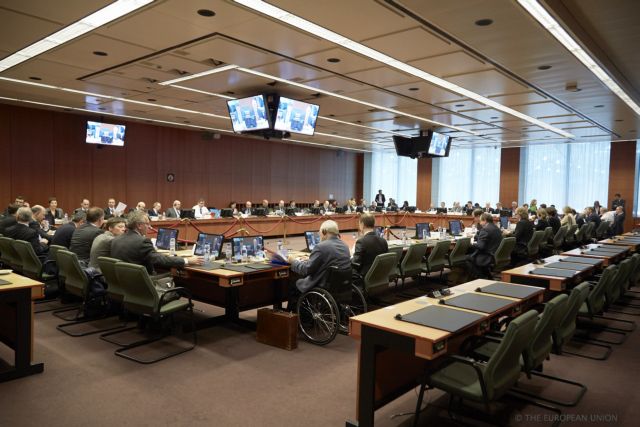Government sources have reported that the Euro Working Group’s teleconference with European technical experts on Wednesday concluded in a good climate. Even though Greece did not submit a list of reforms, government sources claim that there was “some progress” and that the technical teams will continue their work over the next days. The same sources noted however that a deal is unlikely by the end of the week, should the Greek side not submit a list.
Sources from the European Central Bank in Frankfurt also reported a positive climate, in light of the more “realistic approach” of the Greek side that emerged after Monday’s meeting between Angela Merkel and Alexis Tsipras in Berlin. The ECB however is not expected to change its stance towards Greece, until the Eurogroup makes a decision on further funding. As such, the liquidity problem in Greece will persist until the government’s reform program is approved.
In order to address the liquidity problem, Greece has submitted a request for the immediate payment of 1.9 billion euros of profits the ECB made from Greek bonds. The Greek government has also requested 1.2 billion euros from the 10.9 billion euros which were returned by the HFSF to the EFSF, following the agreement of the 20th of February. Both requests necessitate a Eurogroup agreement.
The Greek government’s needs are pressing, with 1.8 billion euros needed by the end of the week in order to pay wages and pensions, while a further 465 million euros will be necessary by the 9th of April to pay back the next IMF.





